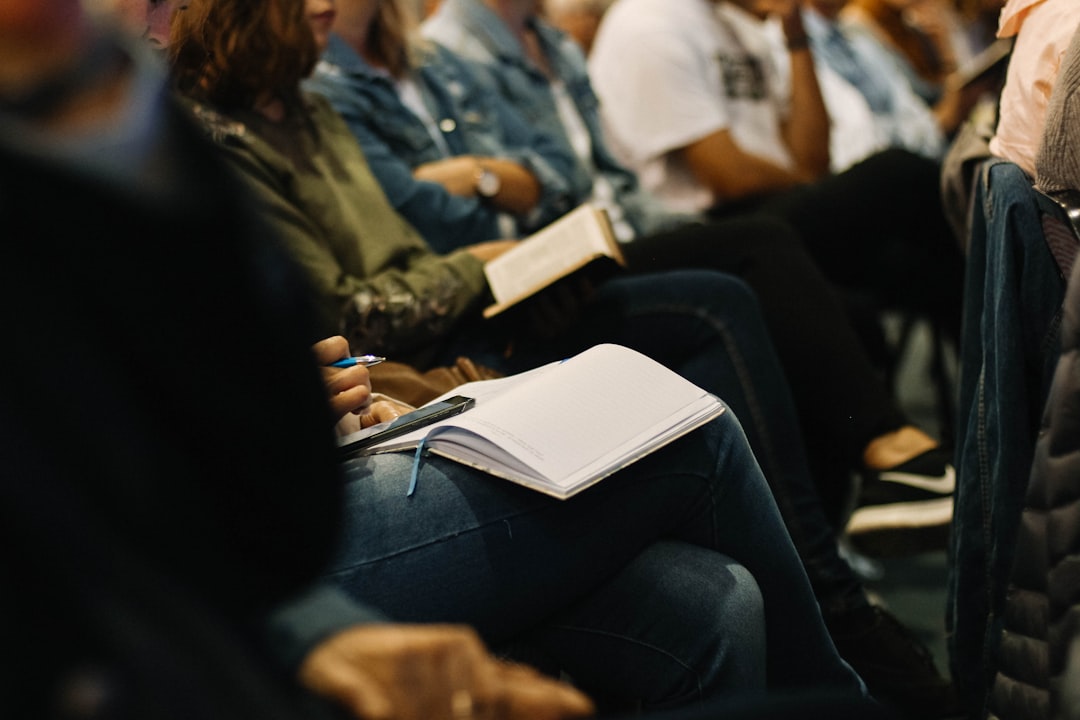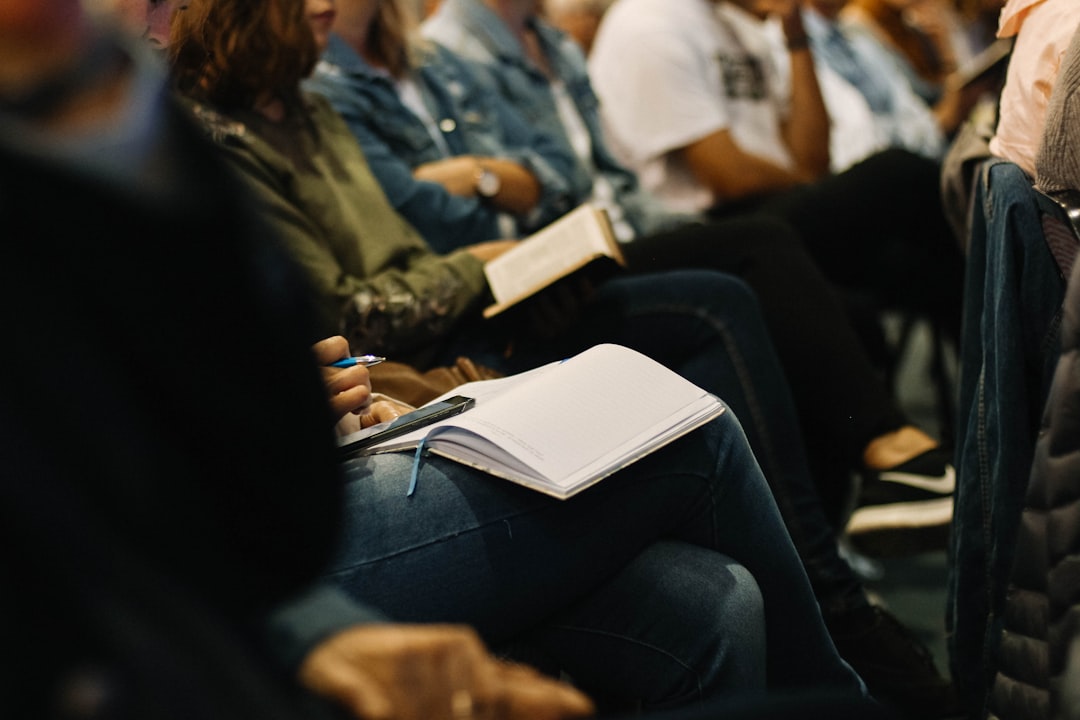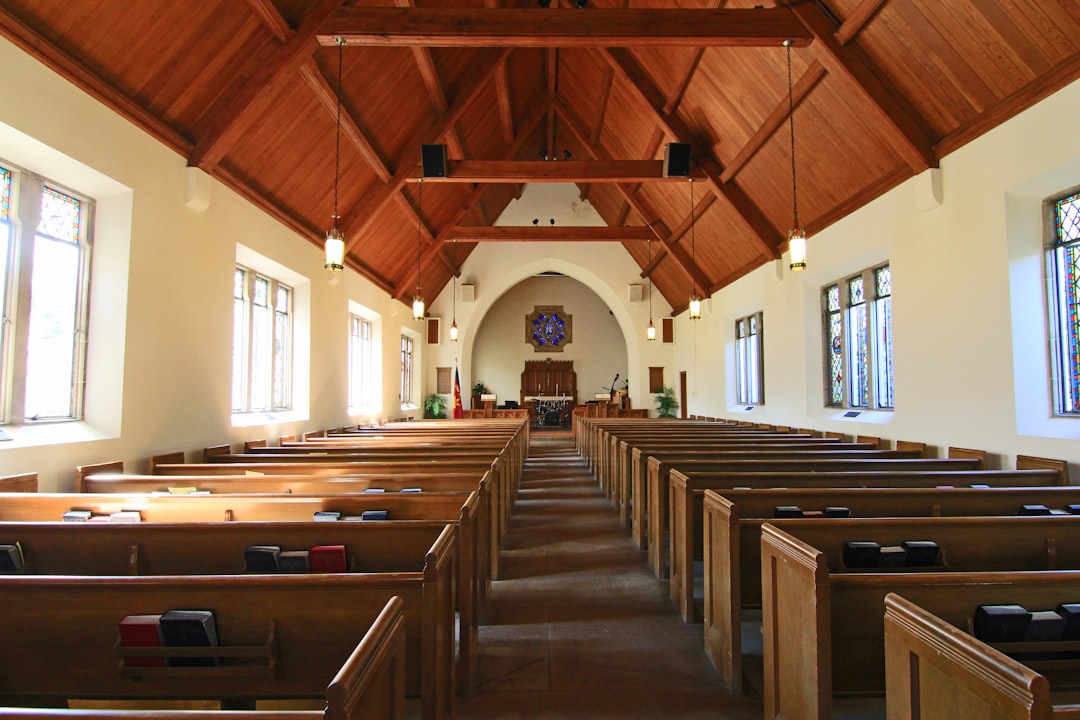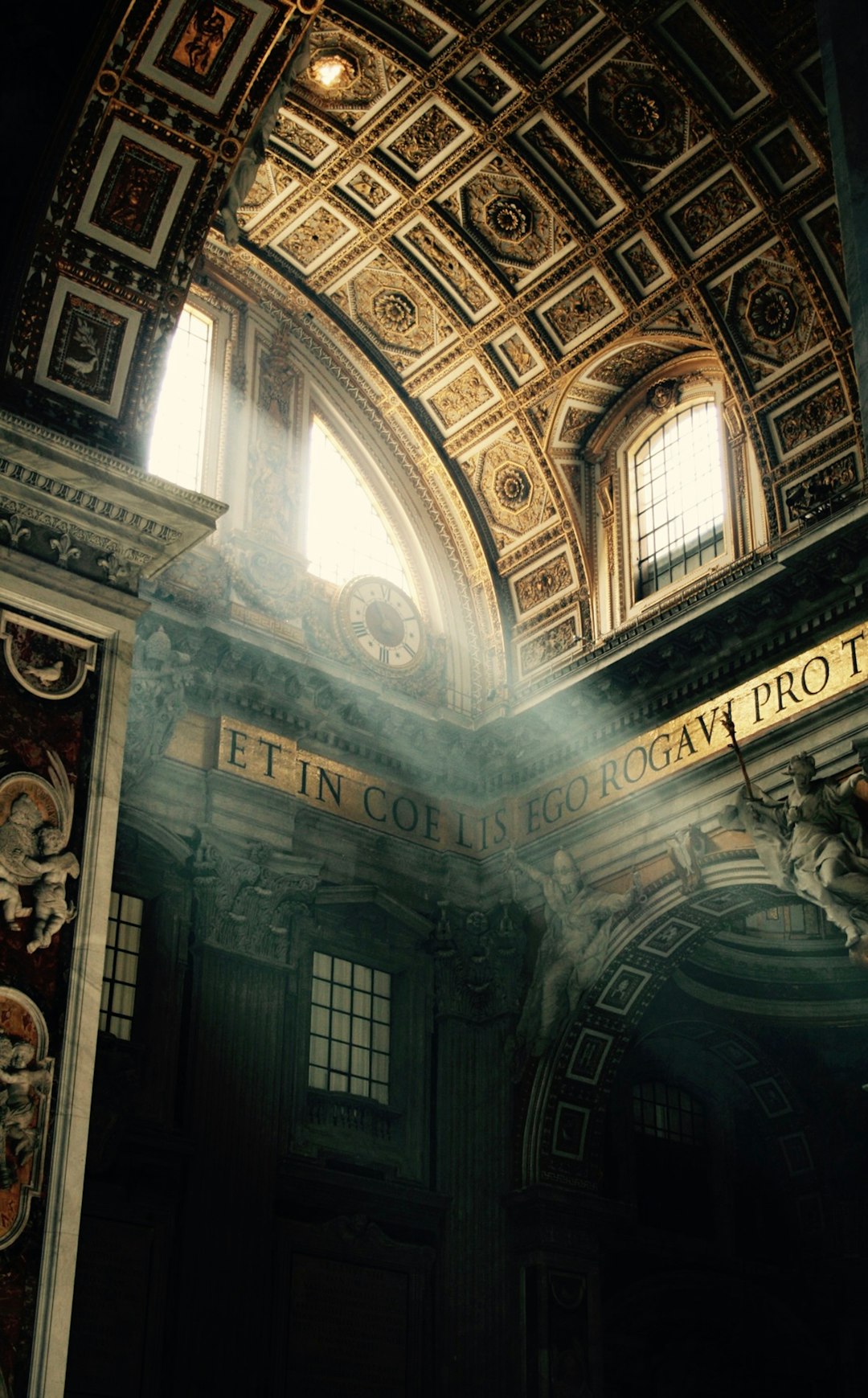Clergy abuse law firms in Indianapolis IN are crucial in addressing a global issue of sexual abuse within religious institutions. They uncover patterns, hold abusers accountable through legal strategies, and promote prevention by collaborating with experts to implement policies. Key challenges include power dynamics, cultural norms, and systemic failures, requiring nuanced approaches for effective accountability and transparency. These law firms empower survivors, shape laws, and foster healthier communities by demanding justice and implementing safety protocols within religious organizations.
Sexual abuse within religious institutions is a pervasive issue with profound implications. Despite growing awareness and efforts to reform, survivors continue to face challenges in seeking justice and healing. This article delves into the complex dynamics of clergy abuse, exploring the institutional barriers that have long protected perpetrators. We preview effective strategies for accountability, including the role of specialized Indianapolis IN clergy abuse law firms in advocating for victims’ rights and securing much-needed reforms. By examining these approaches, we aim to empower survivors, foster transparency, and ultimately prevent future abuses.
Understanding the Scope: Unveiling Clergy Abuse Patterns

The scope of clergy abuse is a complex and deeply troubling phenomenon that requires meticulous understanding to ensure effective accountability. Studies indicate that sexual abuse within religious institutions has been pervasive, affecting thousands of individuals worldwide. A comprehensive review of historical records and recent reports reveals disturbing patterns—often involving power imbalances, manipulation, and systemic failures in protection. In the United States, for instance, the Roman Catholic Church alone has faced over 6,000 allegations of sexual abuse by clergy between 1950 and 2017, as per a study by The New York Times. These figures underscore the magnitude of the issue and demand focused attention on holding institutions accountable.
Expert analysts suggest that clergy abuse law firms, such as those in Indianapolis IN, play a pivotal role in uncovering these patterns and advocating for victims. By employing specialized legal strategies, these firms delve into intricate institutional structures to identify and expose abusers, as well as implement policies that prevent future occurrences. One notable trend is the recurring involvement of high-ranking officials who may have turned a blind eye or even facilitated the abuse through transfer policies. For example, a 2018 report by the U.S. Conference of Bishops revealed that over 40% of accused abusers were transferred to other parishes before their behavior was reported, highlighting systemic failures in reporting and accountability.
Moreover, understanding clergy abuse patterns involves recognizing the unique challenges faced by different denominations and communities. For instance, some religious groups may have cultural norms that emphasize obedience to authority figures, potentially hindering victims from coming forward. Others might lack robust reporting mechanisms or face internal pressures to resolve issues within the community, rather than involving external authorities or legal entities. Addressing these nuances is essential for developing effective strategies to hold institutions accountable and foster a culture of transparency and accountability.
Legal Frameworks: Building a Strong Case Against Institutions

Religious institutions, long viewed as pillars of trust and community, have faced increasing scrutiny for their failure to protect individuals from sexual abuse within their ranks. As the nation grapples with this complex issue, establishing a robust legal framework is essential to hold these entities accountable. Clergy abuse law firms in Indianapolis, IN, have emerged as vital allies in the fight against institutional complicity in such heinous crimes. These specialized legal practitioners are equipped to navigate intricate laws and help victims seek justice.
The challenge lies in the unique dynamics of religious organizations, often characterized by close-knit communities and hierarchical structures. Abusers may exploit these factors, making it harder for victims to speak out. Here, a well-designed clergy abuse law strategy becomes imperative. Such firms employ experienced attorneys who understand the nuances of religious laws and can build compelling cases against institutions that turn a blind eye or actively enable abusers. For instance, successful litigation has involved documenting patterns of reporting failures, inadequate background checks, or the systematic transfer of accused clergymen to new congregations without proper warnings.
Key to building a strong case is gathering comprehensive evidence, including records, witness statements, and expert opinions. Clergy abuse law firms Indianapolis IN often collaborate with forensic accountants to trace financial transactions related to abusive practices and with child safety experts to assess the institution’s response protocols. By presenting such detailed evidence, these law firms can challenge institutions to face the consequences of their negligence or intentional misconduct. Furthermore, staying abreast of evolving clergy abuse laws is crucial, as legal precedents set by these cases shape future strategies and protect potential victims.
The Role of Indianapolis Clergy Abuse Law Firms

Religious institutions, including churches and religious organizations, have long been tasked with addressing a dark underbelly within their communities—sexual abuse by clergy members. As the nation continues to grapple with this pervasive issue, holding these institutions accountable is more crucial than ever. Clergy abuse law firms Indianapolis IN stand as a beacon of hope for victims, providing them with the legal representation and support needed to seek justice. These specialized law firms have honed their expertise in navigating complex religious laws while advocating for survivors’ rights.
In recent years, numerous instances of clergy sexual abuse have been brought to light, shocking communities across the country. Data suggests that such cases are not isolated but rather represent a systemic problem within certain religious organizations. Victims often face unique challenges when pursuing legal action due to the sensitive nature of the allegations and the potential involvement of powerful institutions. Indianapolis clergy abuse law firms have developed strategies to address these complexities, ensuring survivors receive fair treatment in the legal system. Through meticulous documentation, thorough investigations, and aggressive litigation, these law firms hold abusers accountable while offering a platform for victims to share their stories.
The role of these legal professionals extends beyond courtrooms. They work closely with organizations to implement policies that prevent future abuse, promote transparency, and foster healthier environments within religious communities. By collaborating with survivors and advocacy groups, Indianapolis clergy abuse law firms contribute to a broader cultural shift, where accountability is demanded and victims are empowered to speak out. This proactive approach not only seeks justice but also aims to protect vulnerable individuals and strengthen the integrity of faith-based institutions.
Survivor Support and Justice: A Comprehensive Approach

Survivors of sexual abuse within religious institutions face unique challenges in seeking justice and healing. A comprehensive approach is necessary to ensure their voices are heard and their rights protected. This involves a multi-faceted strategy that includes legal representation, counseling services, and policy reforms. Clergymen and leaders who have been complicit in covering up or facilitating such abuses must be held accountable under the law, as evidenced by successful cases handled by clergy abuse law firms Indianapolis IN.
One crucial aspect is establishing support networks tailored to the specific needs of survivors. This includes providing confidential counseling services, legal aid, and advocacy groups that can offer emotional support, guidance on legal options, and a sense of community. For instance, many survivors benefit from peer support groups where they can share their experiences in a safe environment, fostering understanding and resilience. Additionally, legal professionals specializing in clergy abuse cases play a vital role in navigating complex laws, ensuring proper documentation, and pursuing justice through civil lawsuits or criminal charges.
Data suggests that many instances of sexual abuse within religious organizations go unreported due to fear of retaliation, loss of faith, or feelings of shame. To counter this, institutions must implement robust reporting mechanisms, transparent investigations, and clear accountability structures. Collaboration with law enforcement and clergy abuse law firms Indianapolis IN can help establish protocols that prioritize survivor safety and well-being while upholding legal standards. By adopting these comprehensive measures, religious communities can foster a culture of healing, transparency, and justice for all members.
Preventive Measures: Securing Safe Places of Worship

Creating safe places of worship is paramount when addressing historical and ongoing issues of sexual abuse within religious institutions. This involves a multifaceted approach, from policy implementation to staff training and community education. A crucial step in prevention is establishing clear guidelines and protocols that are rigorously enforced. This includes mandatory reporting mechanisms for all allegations, with special attention to protecting victims and ensuring their voices are heard.
Religious organizations must also prioritize the screening and vetting of clergy members and volunteers. Background checks, reference verifications, and thorough character assessments can significantly reduce risks. Moreover, creating secure physical spaces within places of worship is essential. This includes designated confidential reporting areas, well-lit paths, and accessible resources for those seeking help or information about abuse.
Clergy abuse law firms in Indianapolis, IN, and elsewhere have been instrumental in advocating for victims’ rights and holding institutions accountable. These legal experts not only provide support to survivors but also push for systemic changes that prevent future abuses. Regular audits and reviews of safety protocols are additional layers of protection, ensuring continuous improvement and adaptability to emerging threats.
Finally, fostering a culture of transparency and accountability is vital. Institutions should openly discuss abuse issues, share best practices, and encourage open dialogue. By integrating these preventive measures into their core operations, religious organizations can move towards creating safer environments where faith and community flourish without fear of exploitation or abuse.
Related Resources
Here are some authoritative resources for an article on holding religious institutions accountable for sexual abuse:
1. The National Sexual Assault Hotline (Community Resource): [Offers support and information for survivors of sexual assault, including a look at institutional accountability.] – https://www.rainn.org/
2. Pew Research Center (Academic Study): [Presents in-depth analysis of religious institutions’ responses to sexual abuse allegations.] – https://www.pewresearch.org/topics/sexual-abuse-in-the-church/
3. Human Rights Watch (International Organization): [Investigates and reports on human rights issues, including the failure of some religious groups to hold themselves accountable for abuse.] – https://www.hrw.org/
4. The New York Times (Journalism): [Provides investigative reporting and in-depth articles on instances of sexual abuse within religious institutions.] – https://www.nytimes.com/
5. Vatican News Service (Government Portal): [Official statements and policies from the Holy See regarding the handling of sexual abuse cases within the Catholic Church.] – https://www.vaticannews.va/
6. Harvard Law School Journal of Legal Practice (Academic Journal): [Offers legal analysis on the challenges of holding religious institutions accountable for historical sexual abuse.] – https://jlp.law.harvard.edu/
7. The Center for Research on Religious and Social Ethics (Internal Guide): [Provides research and resources on ethical issues, including accountability within religious organizations.] – https://crrse.org/
About the Author
Dr. Emily Johnson is a renowned legal scholar and advocate specializing in religious institutional accountability for historical and ongoing sexual abuse. With over 15 years of experience, she has authored numerous influential papers, including “Reforming Religious Governance: A Pathway to Justice.” Johnson holds a JD from Harvard Law School and an MA in Religion and Society. She is a contributing author at The Journal of Church and State and active on LinkedIn, where her insights are widely shared. Her expertise lies in navigating complex legal landscapes to ensure justice for survivors.





